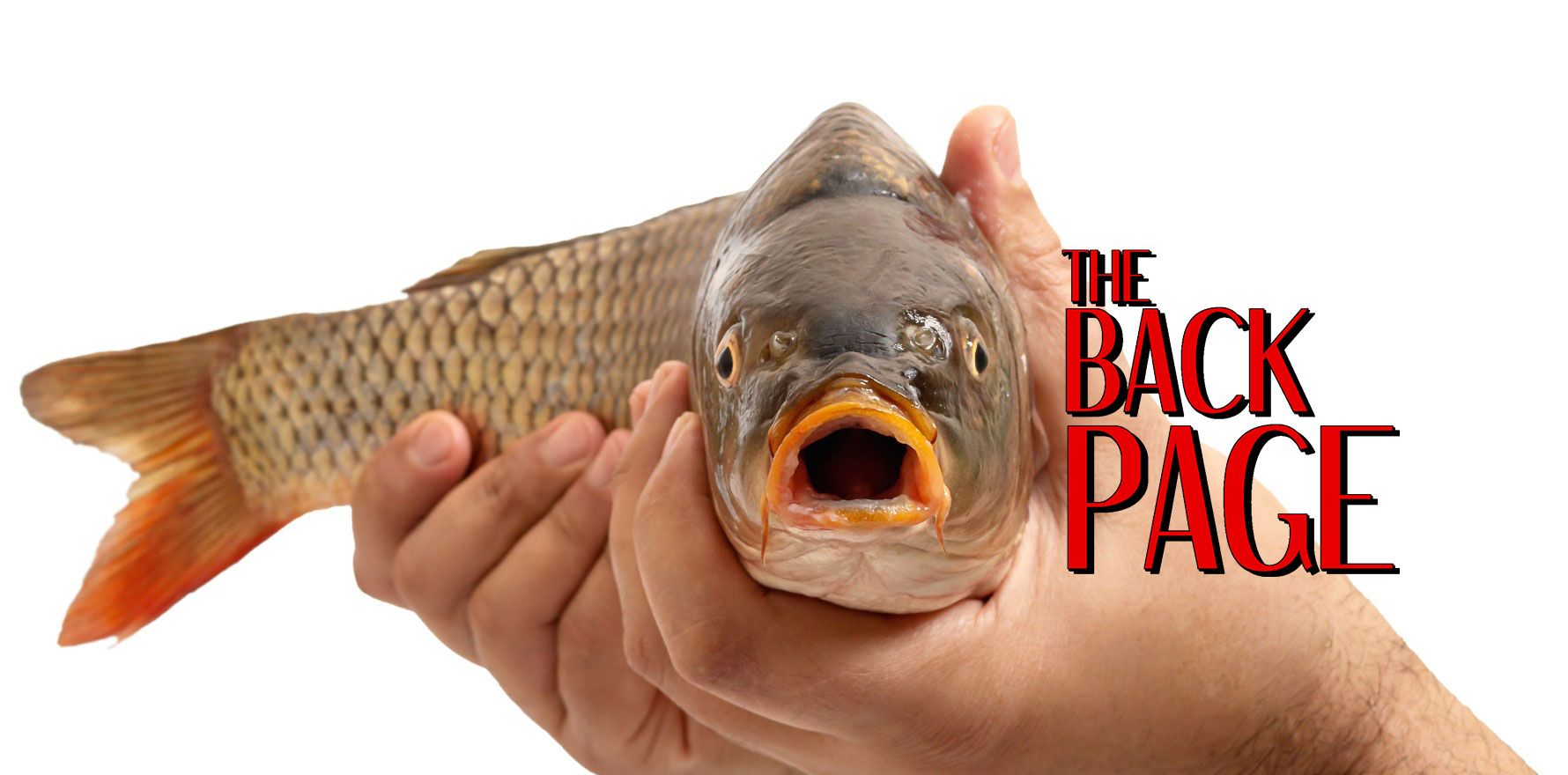Human drug abuse has its consequences downstream.
Today’s Back Page is brought to from the wonderful world of decidedly bizarre research topics.
Namely, can fish become addicted to methamphetamine?
Here’s the spoiler alert: the answer is maybe, or maybe not.
The real question is, why did anyone want to find this out in the first place?
We know humans can get addicted to meth and the only good thing to come out of that experience is the truly marvellous TV series Breaking Bad. But fish?
The back story is, in some parts of the world methamphetamine use is so high that sewage feeding into rivers is resulting in drug levels in the water concentrated enough to stun a mullet.
Which is why researchers dumped 60 brown trout in a water tank that contained low levels of meth to see if the fish would get hooked.
According to study results published recently in the Journal of Experimental Biology, the team from the University of Life Sciences in Prague found that, after eight weeks of exposure, the 60 trout swimming in the meth-laced water were less active than a control group of 60 other trout.
The doped-up fish were subsequently placed in a tank with two streams of water: one with and one without meth in it. The fish previously exposed to meth preferred the meth-spiked water 50.5% of the time, while the control group chose the meth water 41.5% of the time.
“Fish are sensitive to adverse effects of many neurologically active drugs from alcohol to cocaine and can develop drug addiction related to the dopamine reward pathway in a similar manner as humans,” lead researcher and behavioural ecologist Pavel Horky told CNN.
“Such effects could change the functioning of whole ecosystems as adverse consequences are of relevance at the individual as well as population levels.”
How so? Well, according to Horky, an addicted fish might become so consumed with desire to get another meth hit that the urge could supersede the natural inclination to mate with other fish.
Not everyone is convinced, however.
“I’m not sure you can truly say these fish are addicted to methamphetamine, but they certainly show a preference for the compound … which they shouldn’t, really,” Gabriel Bossé, a researcher at the University of Utah who was not involved in the study, told Live Science.
Bossé argues that because the preference died down after a few days, the fish might not have actually been addicted. If they were, he said, the preference would have stuck around longer, and the fish possibly would have experienced withdrawal.
Which is bad news for keen trout anglers who were considering popping a crystal or two of ice on the fishing fly in a bid to improve their chances.
If you see something fishy, cast a line out to felicity@medicalrepublic.com.au.


